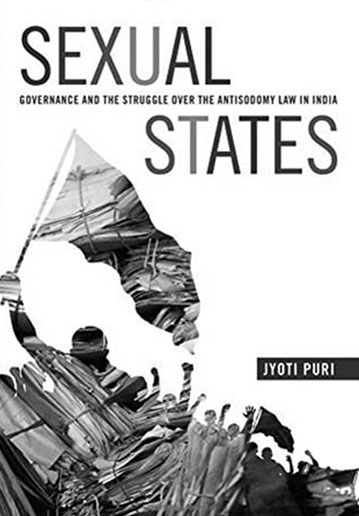‘The ones who can call themselves contemporary are only those who do not allow themselves to be blinded by the lights of the century, and so manage to get a glimpse of the shadows in those lights, of their intimate obscurity.’ (Giorgio Agamben, What Is The Contemporary?, p. 45)
This is a line I often quote because it captures the sheer effort needed to understand the present moment we live in, in which being bombarded by positions, polarizations, innovations and identities is a daily affair. The lights of the century tell us that we are now to know exactly what to call ourselves, how we feel about ourselves and others, what work we want to do and how to behave if we want to succeed in this work. They tell us that there is a citizen figure that must align itself to the state or to development if it is to succeed in life: it must not dissent, it must approve of ‘surgical strikes’ that the government carries out in the name of national security, it must show love for the nation before it starts to watch a film in a theatre, and it must acquire the ‘skills’ demanded by the 21st century. We must therefore also look to the state to legitimize ourselves, our ‘innermost’

